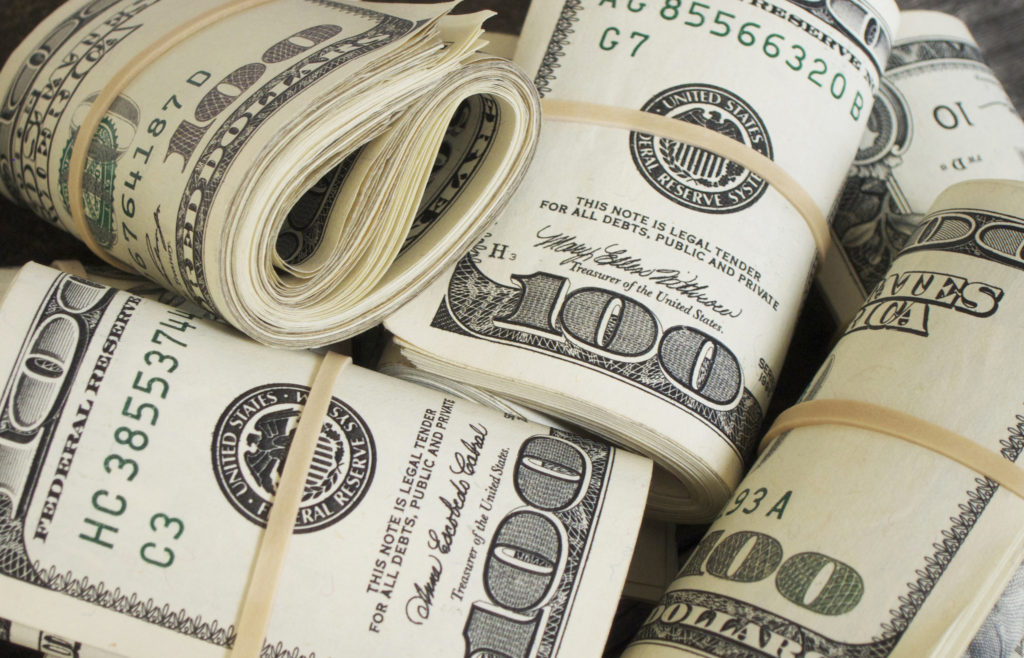In June, private payrolled jobs increased by 177,000, short of the 190,000 that were forecast, which is due not to a slowdown in hiring, but a decline in the U.S. labor pool. Now, for the first time, there are actually more job openings that there are people to fill them, which will cause pressuring wage increases continuing to build the growing economic inflation.
In a report from CNBC, the Bureau of Labor Statistics (BLS) states there are now 6.7 million job openings, matches with only six million unemployed to fill them. As truck drivers are in dangerously low supply across the country, tech openings in Silicon Valley are failing to become filled, and employers across the spectrum are dealing with skills mismatches with employees, the economy is edging closer towards full employment. The domestic epidemic of labor shortage means that it will end up being employers who are the ones that are paying the price.
Mark Zandi, chief economist at Moody’s Analytics, says that across all industries, “Business’ number one problem is finding qualified workers. At the current pace of job growth, if sustained, this problem is set to get much worse.”
To combat this, employers are likely to raise wages, benefits packages, and other incentives to attract qualified workers to fill vacancies. With the economy still churning out great rates of growth, employers will be able to justify hikes in compensation in the short term, but Chief Investment Officer Jim Baird with Plante Moran Financial Advisors says, “it’s becoming a more challenging proposition.”
With inflation holding at two percent, American companies are reporting record-breaking profits due to the overhaul of the federal tax code, repatriation of dollars to the homeland, and a revival of American manufacturing. Though, employers may find themselves in trouble with rising wages and rising costs due to worldwide trade tensions caused by tariffs levied by the U.S. and retaliatory duties to hit back against the international economic policy.
“Rising labor costs will boost take home pay, but we’re also all likely to see the effect in rising prices for goods and services,” Baird said.
All of this could cause the U.S. Federal Reserve to act more aggressively than it has in the past during this booming economy. Officials from the central bank have stated they will be raising rates two more times this year, but CNBC explains that traders are assigning just a 51 percent chance that will occur.
